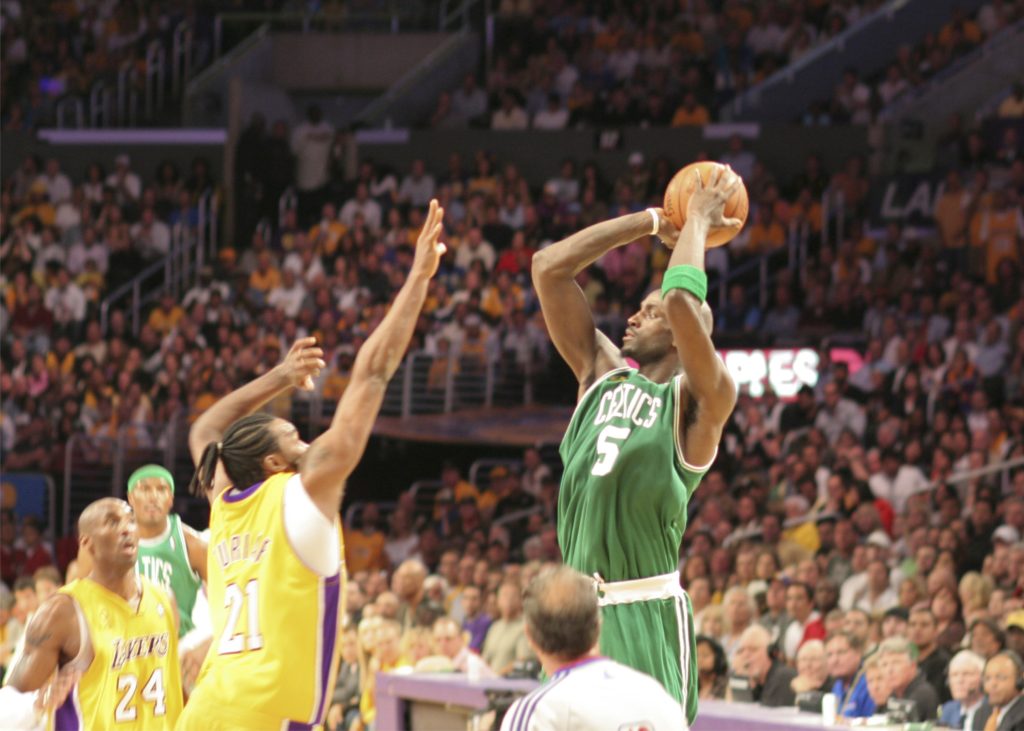Quick Hits
Daily brief research updates from the cognitive sciences

That may sound like an odd thing to say, and this research is now actually a few years old, but is nevertheless still misunderstood. We all seem to generally feel that more talent leads to a better team. This applies to sports teams as well as to business teams. I have just come back from a conference in the life sciences sector and one panel was talking about talent. The discussion revolved around finding the best people.
This research suggests, that finding the best people may not be the most important strategy but finding the most suitable people – that is different – but this also isn’t always the case. It depends on how the team must operate together.
Adam Galinsky and Vikram Pandit of Columbia Business School have researched a number of team-based situations, from egg production in chicken coop. Yes, you read that correctly, chickens also need to produce effectively, and their performance, egg laying, drops in certain teams! To 10 seasons of professional basketball and baseball.
What did they find?
They found that “team coordination suffers when there is too much talent”. Not a good thing for team performance. Simply put, too much talent creates a conflictual “pecking order”, see that research into the chickens is suitable, top talent tries, understandably to be higher in the pecking order and this causes conflict and inefficiencies and conflict.
This is similar to what I wrote about in my popular article on underperforming high performers, when some people can help teams to perform better without being star performers themselves.
This means that just stacking teams with talent is not necessarily the best strategy – but this is what we automatically do. Intuitively it feels like the best thing to do – whether in sports or business. However, Galinsky does note that it depends on the team. Or rather it depends on the amount of collaboration needed.
Teams that require higher collaboration, in Galinsky’s research basketball teams, need a range of talent levels to perform to their best. In contrast teams that need less coordination and can work individually, in this case baseball teams, pitchers and hitters work independently, stacking the team with talent is a good strategy.
So, there you go – in business or sports you do need to think of how teams need to operate together and therefore what sort of talent you need. Our own internal data with our assessments show the same thing. And yes, you can measure team cohesion.
But for now, be careful of how much talent you wish for.

Andy Habermacher
Andy is author of leading brains Review, Neuroleadership, and multiple other books. He has been intensively involved in writing and research into neuroleadership and is considered one of Europe’s leading experts. He is also a well-known public speaker, speaking on the brain and human behaviour.
Andy is also a masters athlete (middle distance running) and competes regularly at international competitions (and holds a few national records in his age category).
References
Swaab, R. I., Schaerer, M., Anicich, E. M., Ronay, R., & Galinsky, A. D. (2014).
The Too-Much-Talent Effect: Team Interdependence Determines When More Talent Is Too Much or Not Enough.
Psychological Science, 25(8).
https://doi.org/10.1177/0956797614537280
More Quick Hits
Fresh Teams are More Effective and More Innovative
We all know that just about anything in the world is produced by teams. This has never been more true than in scientific disciplines…
Too Much of a Good Thing – Why Leaders Can be Too Extraverted
Extraversion is considered a positive trait particularly in leadership – but can there be too much of a good thing?
Gene Mutation Leads to Being “Clueless”
Researchers at the UT Southwestern Medical Centre have discovered a genetic mutation that impacts memory and learning.
Humble Leaders Make Teams More Effective
This study showed that those in groups with leaders who showed the highest humility reported multiple positive results all of which can be directly correlated to higher performance.
Micro Breaks Improve Performance and Wellbeing
We all know that taking breaks is good for our brain and wellbeing – in fact we absolutely need to take breaks. It is just the way our brain and body is designed.
Why We Share Posts on Social Media
Is it just pictures of cats that we share on social media? That is a cliché – most of social media does not have post of cats on them and all manner of things are shared.






